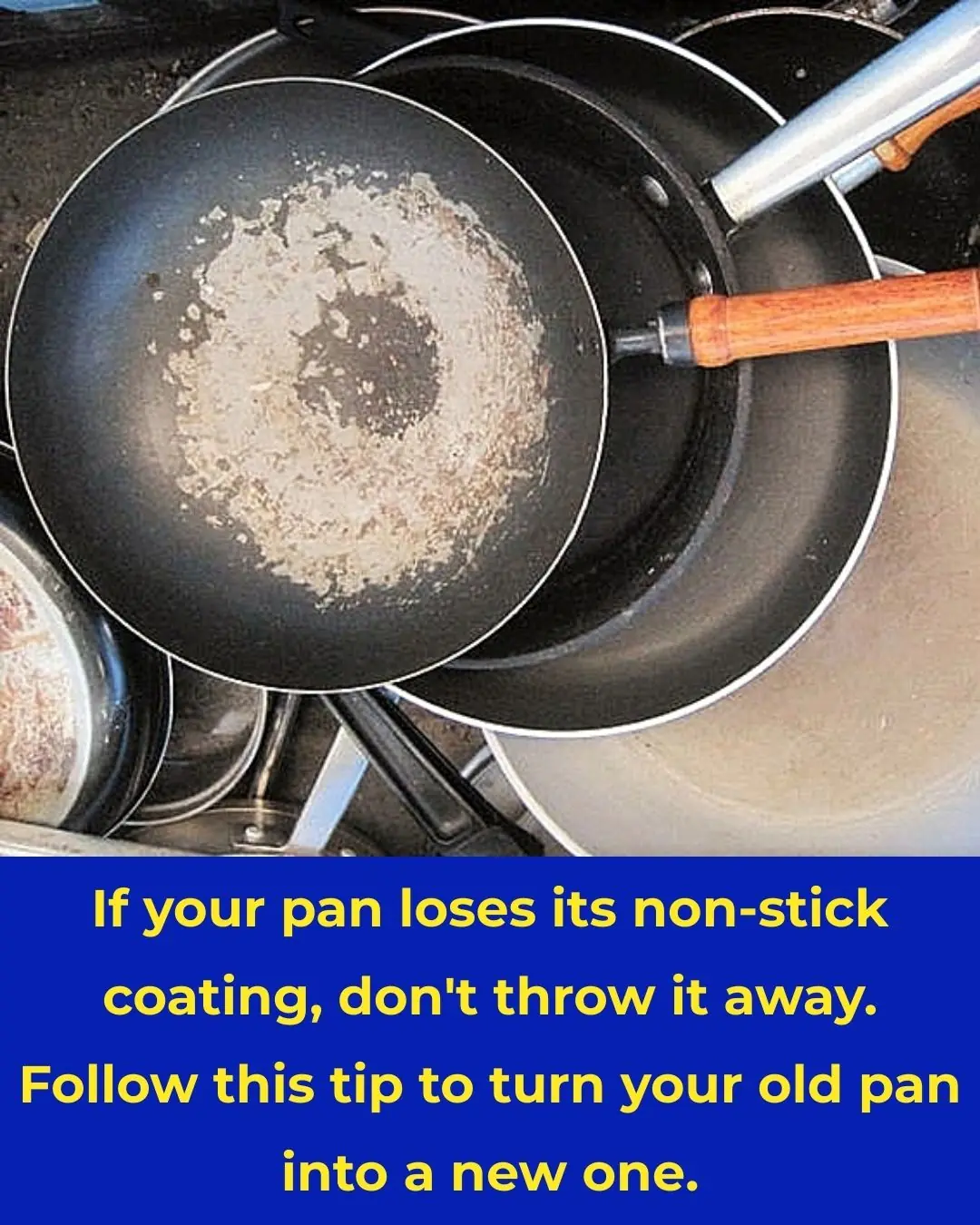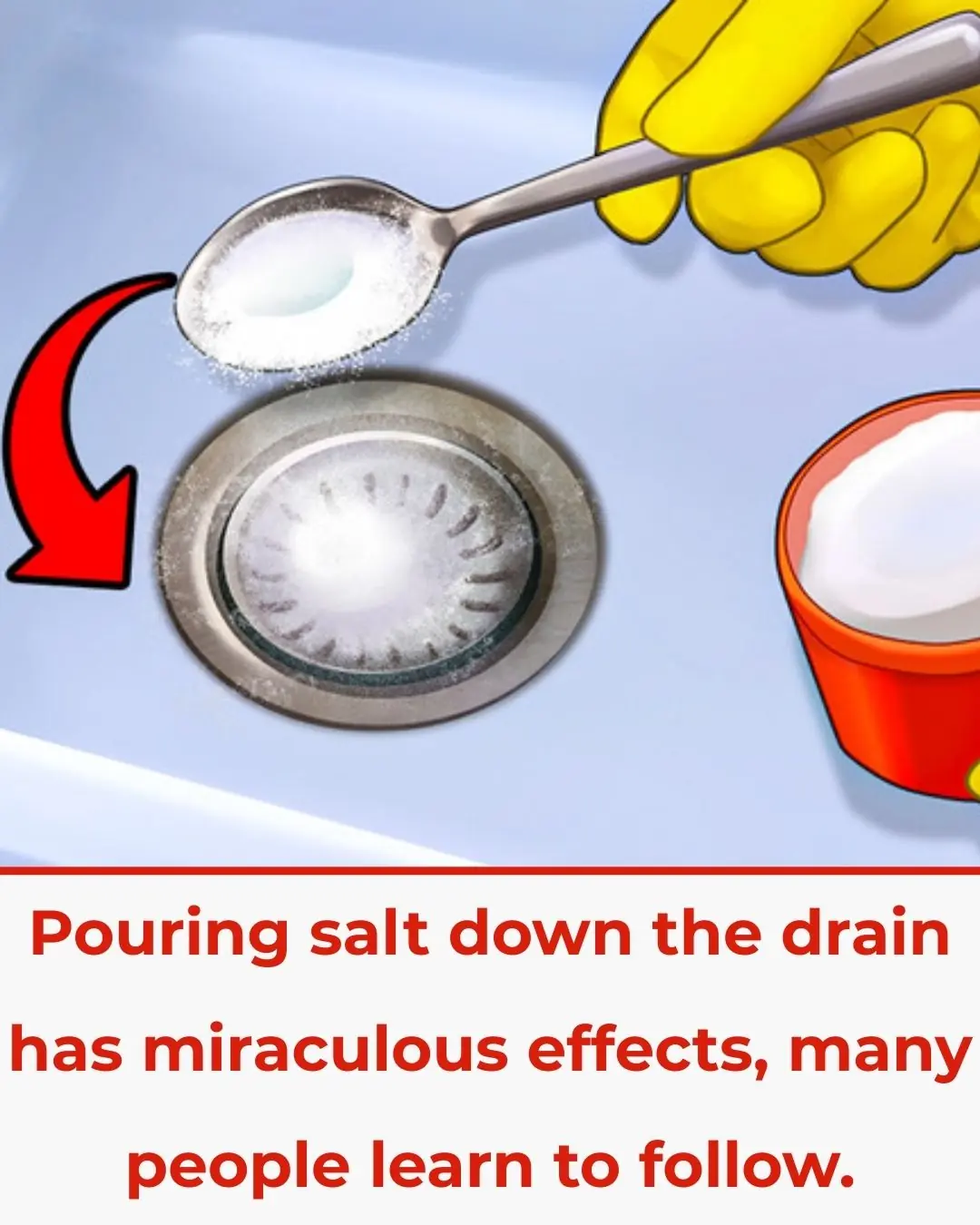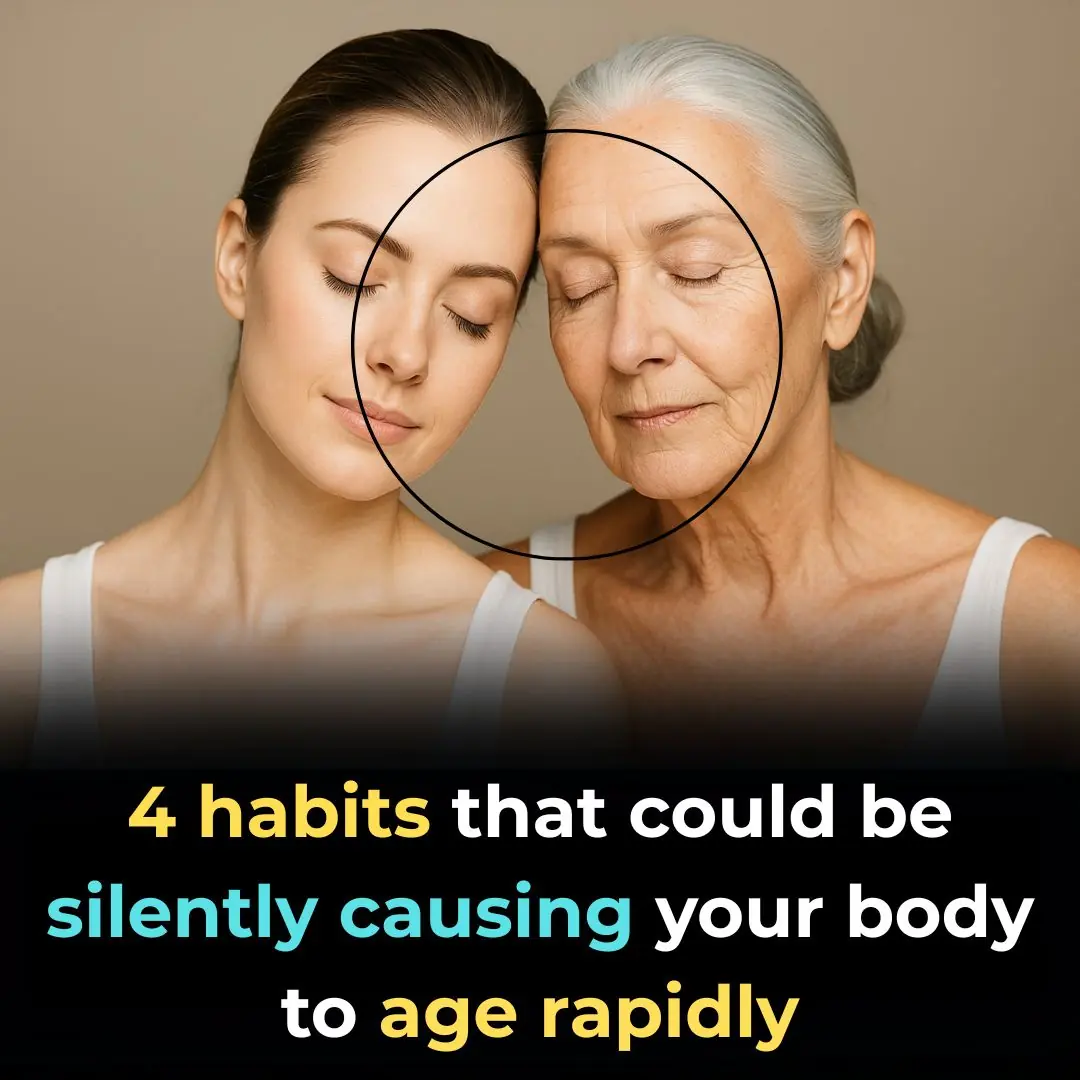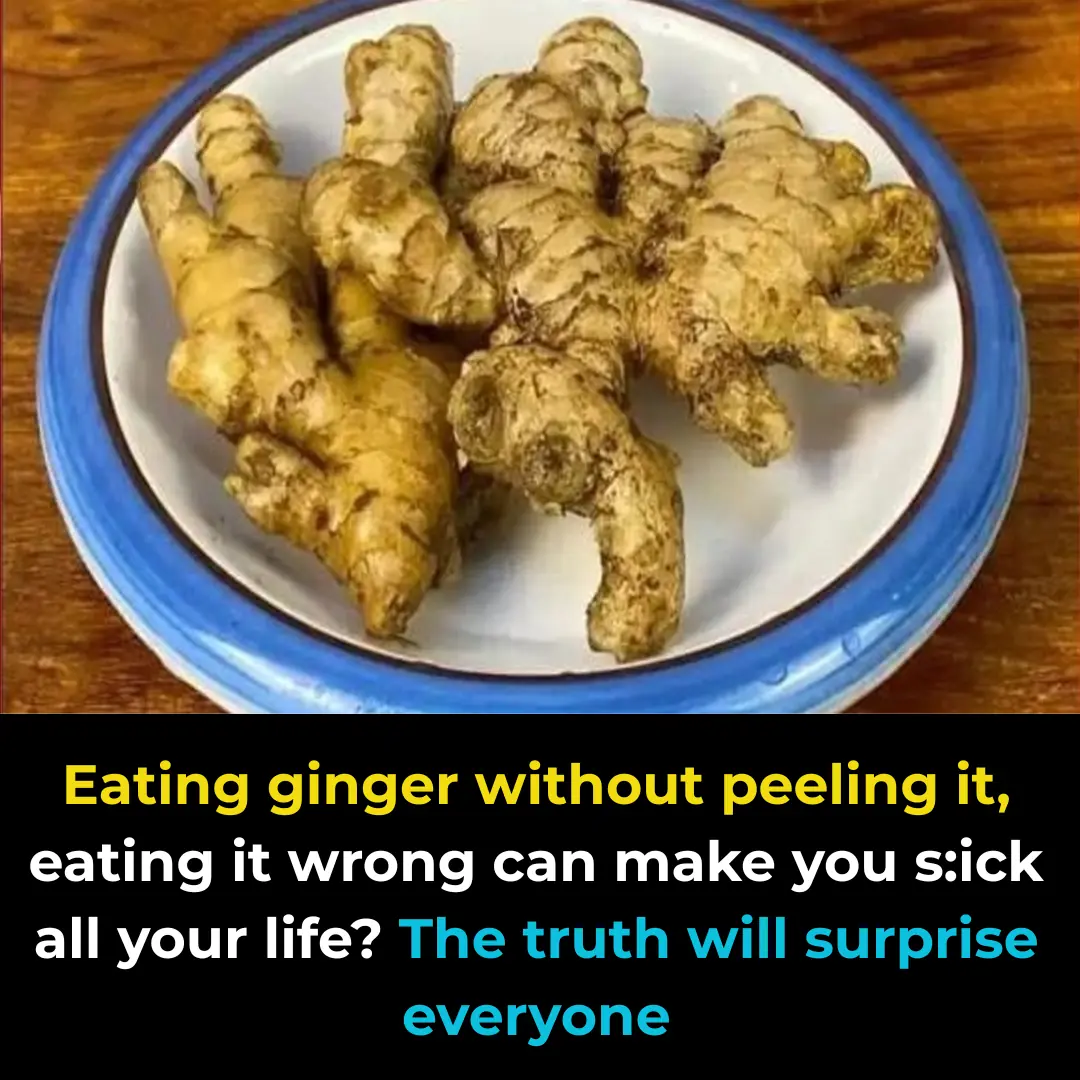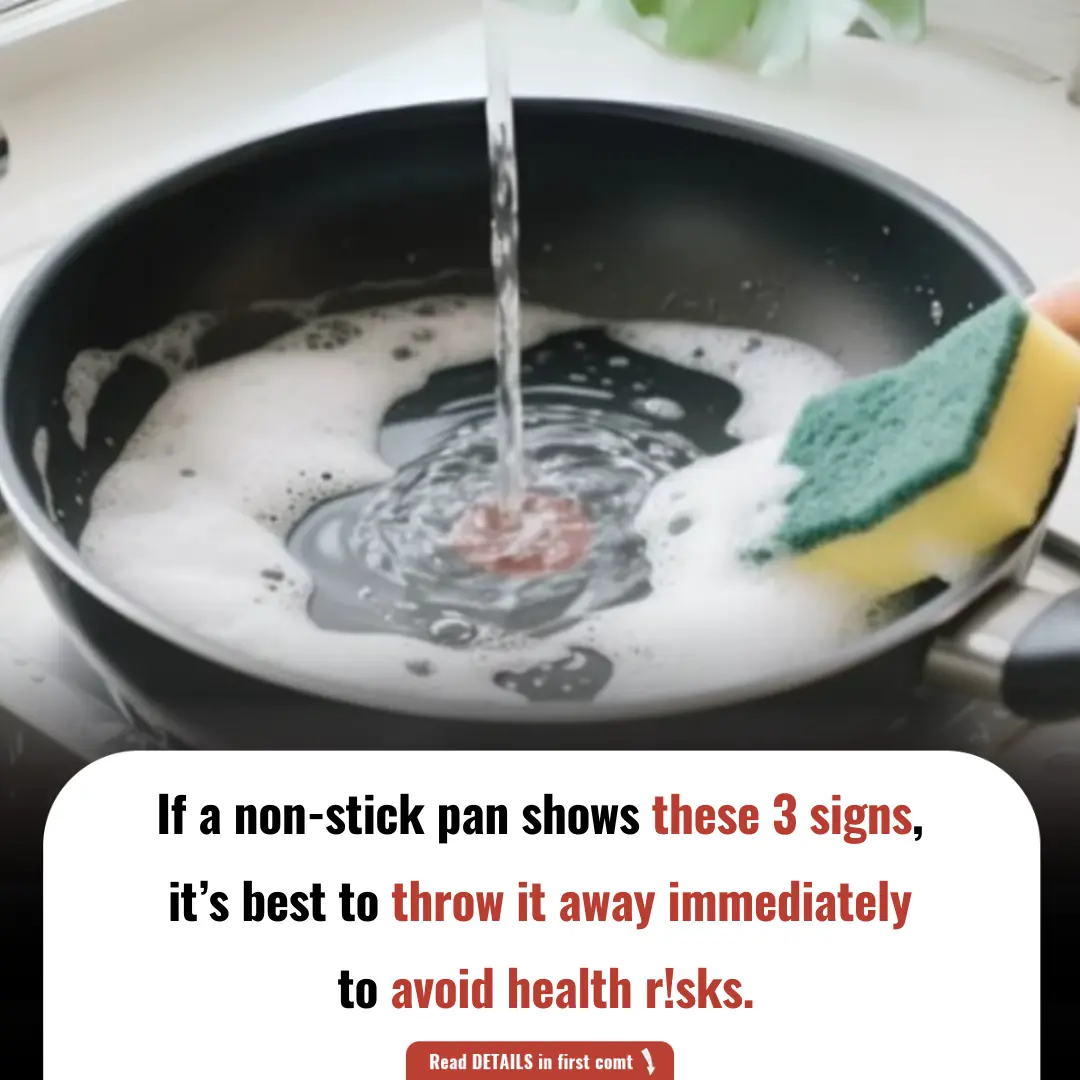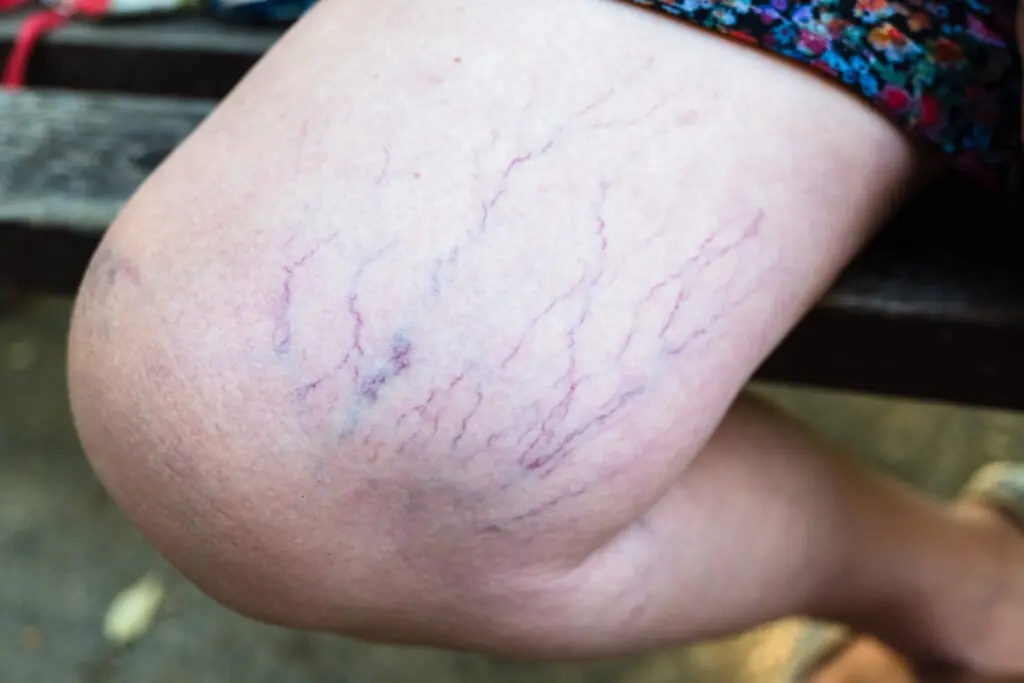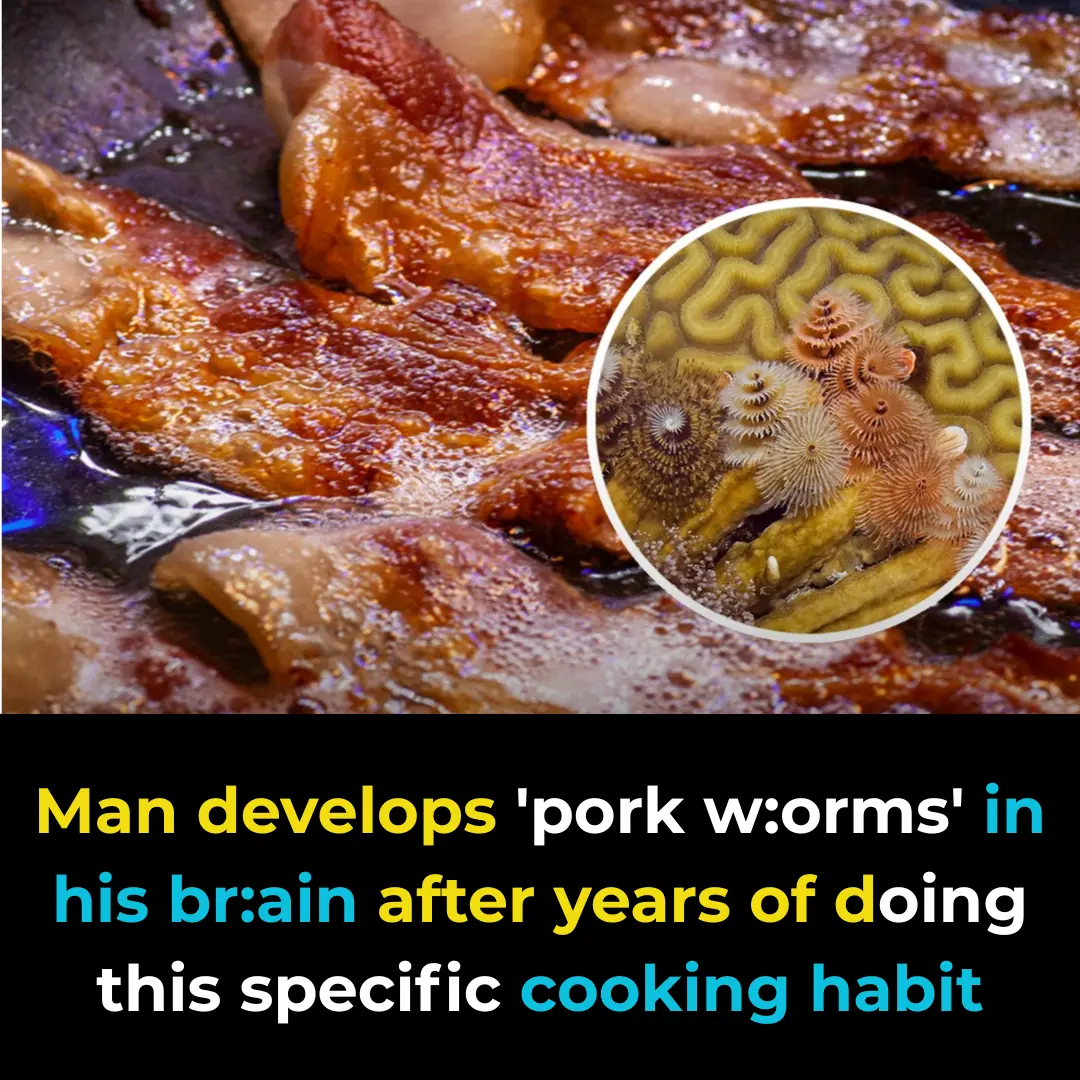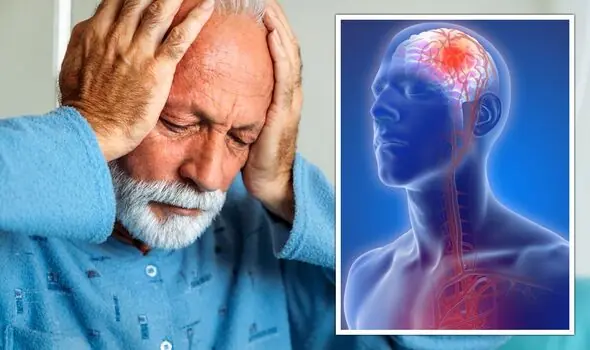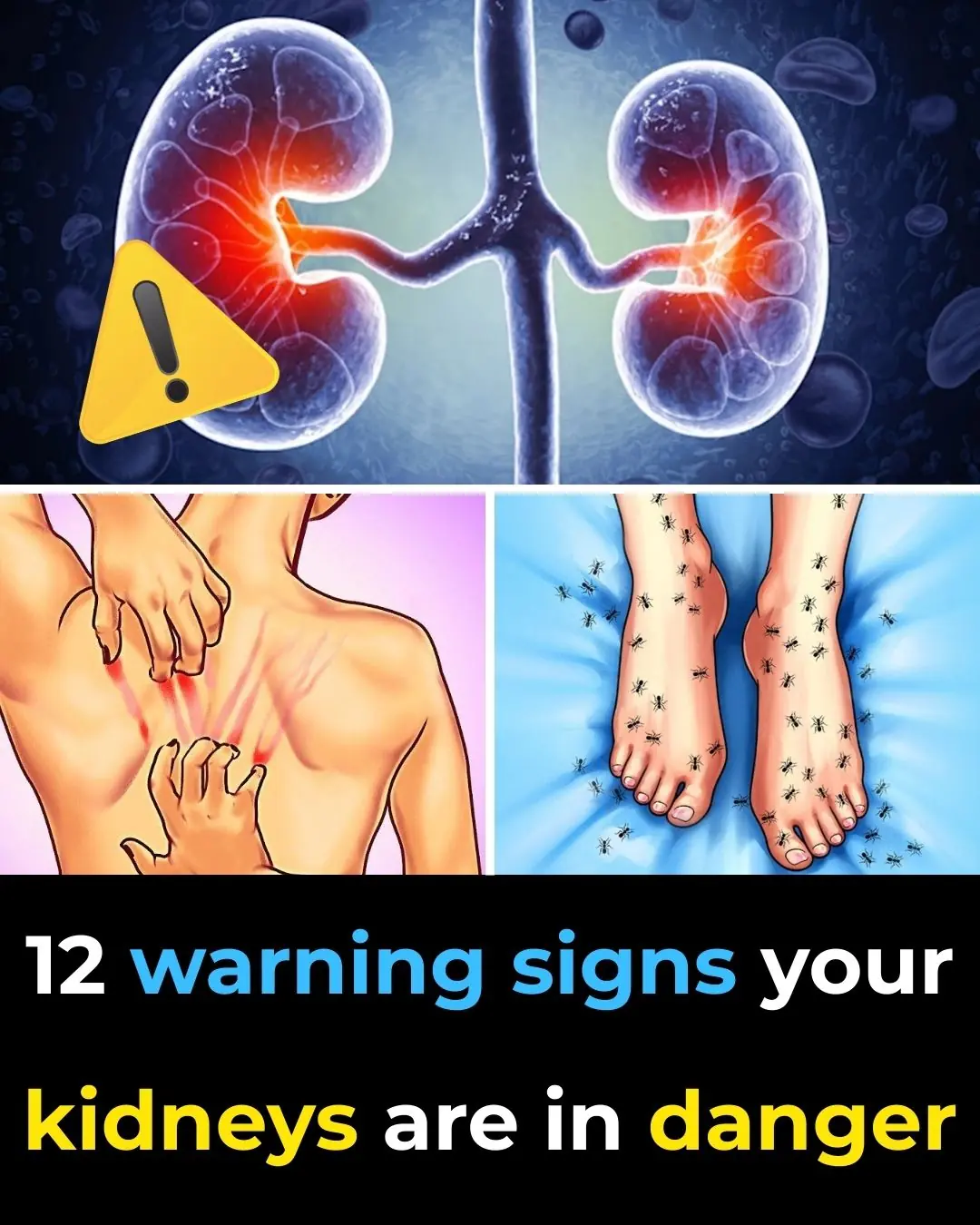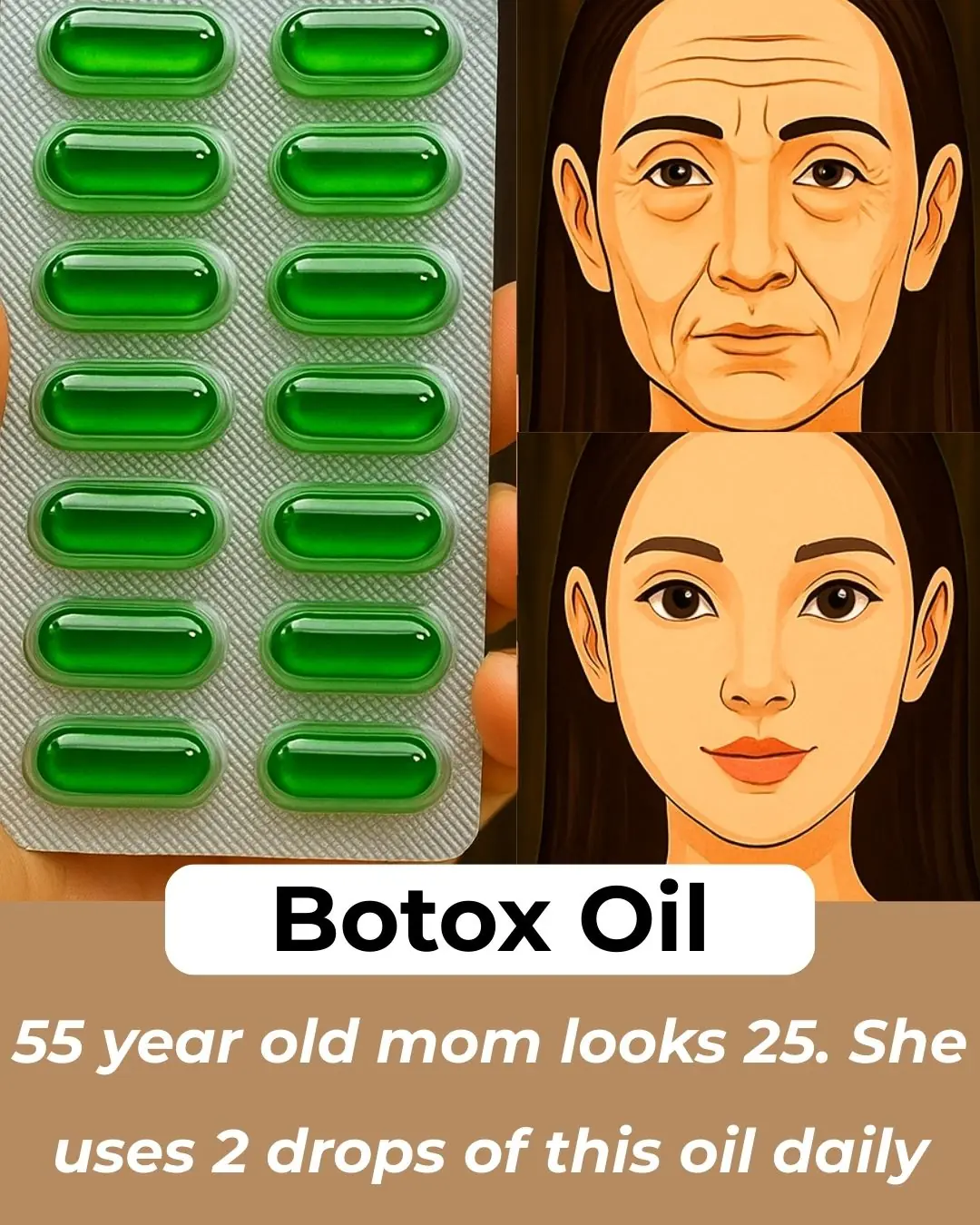Waking Up with a Bitter Taste in Your Mouth: What Could It Mean? When Should You See a Doctor? Let’s Find Out!
What Does a Bitter Taste in the Mouth Upon Waking Up Indicate?
A bitter taste in the mouth when you wake up is a common symptom that many people experience. However, it’s not just an issue related to oral hygiene; it can also be a sign of some underlying health problems. Below are the main causes and health conditions related to this symptom.
Warning Signs of Conditions That Cause a Bitter Taste
-
Poor Oral Hygiene
One common cause of a bitter taste in the mouth is inadequate oral hygiene before going to bed. This can lead to a buildup of bacteria in the mouth, causing a bitter taste. Additionally, poor oral hygiene can lead to gum inflammation, tooth decay, or other dental problems. Therefore, it’s important to practice good oral hygiene before sleeping! -
Gastroesophageal Reflux Disease (GERD)
A common cause of waking up with a bitter taste is acid reflux, where stomach acid rises into the esophagus, especially at night. This can leave a sour or bitter taste in the mouth the following morning.
If it is due to GERD, other symptoms such as heartburn, chest pain, and difficulty swallowing may accompany it. If you experience these symptoms, it’s important to get checked out by a doctor as soon as possible. -
Liver and Gallbladder Problems
Frequent bitter taste in the mouth could also be a sign of liver or gallbladder conditions like hepatitis, fatty liver, or gallstones, which can disrupt bile secretion and lead to a bitter taste in the mouth.
Liver-related issues are often accompanied by symptoms like yellowing of the skin, pain in the upper right side of the abdomen, and fatigue. -
Infections or Inflammation
Upper respiratory infections, such as sinusitis or throat infections, or even systemic infections, can cause a bitter taste in the mouth. Bacteria or viruses can alter taste perception, especially when the body is fighting off an infection. -
Medication Side Effects
Some medications, such as antibiotics, blood pressure medications, or antidepressants, can cause dry mouth and a bitter taste. If you're taking any medications and experience this symptom, it’s best to consult your doctor. -
Hormonal Changes
A bitter taste can also result from hormonal changes in the body. Women who are pregnant or going through menopause may experience this symptom due to shifts in hormone levels. This condition is often temporary and tends to subside once hormone levels stabilize.
When Should You See a Doctor?
If the bitter taste persists or is accompanied by the following symptoms, you should consult a doctor for an accurate diagnosis:
-
Abdominal pain, nausea, or vomiting.
-
Yellowing of the skin, eyes, or dark urine.
-
Unexplained weight loss.
-
Discomfort in the chest or difficulty swallowing.
-
Symptoms lasting more than a week despite improving oral hygiene.
How to Improve a Bitter Taste in the Mouth
-
Practice Good Oral Hygiene: Brush your teeth twice a day, floss regularly, and rinse your mouth with salt water or mouthwash to maintain oral health.
-
Drink Enough Water: Ensure you stay hydrated, especially in the evening, to help prevent a dry mouth and reduce the bitter taste.
-
Limit Late-Night Eating: Avoid consuming spicy, greasy foods or drinking alcohol before bedtime to reduce the risk of acid reflux.
-
Regular Check-Ups: Have routine health check-ups for your oral health, liver, and stomach to detect potential underlying issues early.
By paying attention to these warning signs and taking preventive measures, you can better manage a bitter taste in your mouth and maintain your overall health.



